As the summer sun blazes and temperatures soar, it's crucial to keep our bodies well-hydrated by drinking water and including moisture-rich foods in our diets. Lately, a popular trend on social media has influencers advocating for the addition of salt to their water, claiming it enhances hydration and sustains it for longer periods by replenishing electrolytes. Is this approach scientifically sound, and should we all be following suit during heatwaves? Let's delve into the facts and consider the implications before embracing this trend.
Does Salt in Water Aid Hydration?
When discussing the addition of salt to water, it's essential to clarify that only a minuscule amount is involved. The trend suggests a mere pinch of salt, often recommending Celtic or Himalayan salt for their mineral content, although there's no significant nutritional distinction between these and regular table salt.
Here's the reality: The practice of adding salt to water has its advantages and disadvantages. If you're highly active and sweating profusely, particularly during intense workouts, salt can provide a quick boost. This is because sodium, an electrolyte, helps maintain the body's water balance, potentially extending hydration.
However, while sodium is indeed an electrolyte, most people likely consume sufficient sodium as per the Food and Drug Administration's recommendations. Exceeding the daily intake by adding more sodium to your water could lead to adverse effects, such as bloating, headaches, and even increased thirst.
Instead, it's advisable to focus on incorporating other electrolytes like potassium, magnesium, and calcium into your diet.
The Verdict on Salt in Water
Should you be adding salt to your water? Unless you're engaged in strenuous physical activity, sweating excessively, and in need of a rapid electrolyte replenishment, this trend isn't a necessary method for maintaining hydration. Explore the best and worst hydration drinks for diabetics, and for those seeking water-rich foods, consider no-cook dinner options to stay hydrated on hot days.
Up Next: 15 Hydrating Snacks to Pack for the Beach
Staying hydrated during the summer months is not just about drinking water; it's also about making smart dietary choices. Here are some insights and tips to help you navigate the summer heat:
1. Understanding Electrolytes
Electrolytes are minerals that carry an electric charge when dissolved in body fluids. They play a critical role in various bodily functions, including maintaining fluid balance, aiding muscle and nerve function, and regulating acid-base balance. The primary electrolytes are sodium, potassium, calcium, magnesium, chloride, and phosphate.
2. The Role of Sodium
Sodium is an essential electrolyte that helps regulate the balance of fluids in and around your cells. It also plays a role in nerve impulse transmission, muscle contraction, and maintaining blood pressure. However, excessive sodium intake can lead to high blood pressure and other health issues.
3. The Importance of Balanced Electrolytes
While sodium is crucial, it's important to maintain a balance with other electrolytes. For instance, potassium works in tandem with sodium to regulate fluid balance and muscle function. Magnesium and calcium also play significant roles in muscle function and nerve transmission.
4. Hydration and Physical Activity
During intense physical activity, especially in hot weather, your body loses water and electrolytes through sweat. This can lead to dehydration and electrolyte imbalances. Replenishing these losses is essential for maintaining hydration and preventing cramps, fatigue, and other symptoms of dehydration.
5. Natural Sources of Electrolytes
Instead of adding salt to your water, consider incorporating natural sources of electrolytes into your diet. Foods like bananas, oranges, and melons are rich in potassium. Nuts, seeds, and leafy greens provide magnesium, while dairy products and leafy greens are good sources of calcium.
6. Hydration Drinks for Diabetics
For individuals with diabetes, choosing the right hydration drinks is crucial. Some drinks may contain high amounts of sugar, which can affect blood sugar levels. Opt for water, unsweetened tea, or sugar-free beverages that contain electrolytes.
7. No-Cook Dinners for Hot Days
On sweltering days, preparing a meal can feel like an additional chore. No-cook dinners can be a lifesaver, providing hydration and nutrition without the need for cooking. Consider salads, cold soups, and fruit-based desserts that are packed with water and essential nutrients.
8. Hydrating Snacks for the Beach
When spending a day at the beach, it's easy to forget to stay hydrated. Pack hydrating snacks like watermelon, cucumber, and oranges to keep your body replenished. These fruits are not only refreshing but also provide a natural source of electrolytes.
Conclusion
In conclusion, while the trend of adding salt to water may seem like a quick fix for hydration, it's not a one-size-fits-all solution. It's essential to consider your individual needs and activities when deciding whether to add salt to your water. For most people, maintaining a balanced diet with natural sources of electrolytes and staying hydrated with water and other healthy beverages is the best approach to staying hydrated during the summer months.
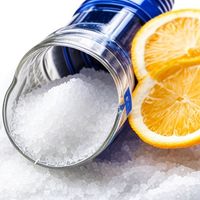
By Daniel Scott/Dec 13, 2024

By John Smith/Dec 13, 2024
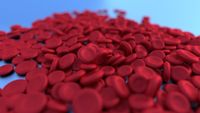
By Lily Simpson/Dec 13, 2024
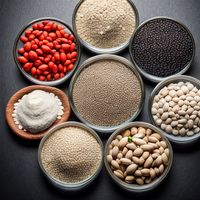
By Victoria Gonzalez/Dec 13, 2024
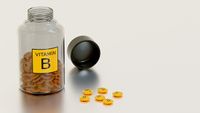
By Emily Johnson/Dec 13, 2024
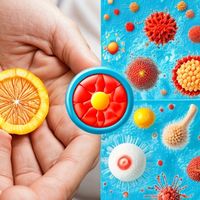
By George Bailey/Dec 10, 2024

By Emily Johnson/Dec 10, 2024

By Samuel Cooper/Dec 10, 2024

By Olivia Reed/Dec 10, 2024

By Michael Brown/Dec 10, 2024
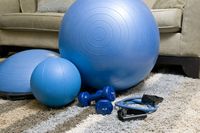
By Daniel Scott/Dec 9, 2024
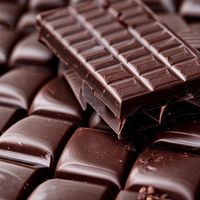
By Grace Cox/Dec 9, 2024

By Olivia Reed/Dec 9, 2024

By Ryan Martin/Dec 9, 2024

By Joshua Howard/Dec 9, 2024

By Lily Simpson/Dec 9, 2024
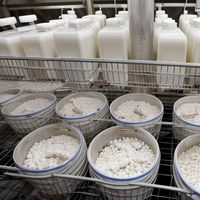
By William Miller/Dec 9, 2024

By James Moore/Dec 9, 2024

By Eric Ward/Dec 9, 2024

By Samuel Cooper/Dec 9, 2024